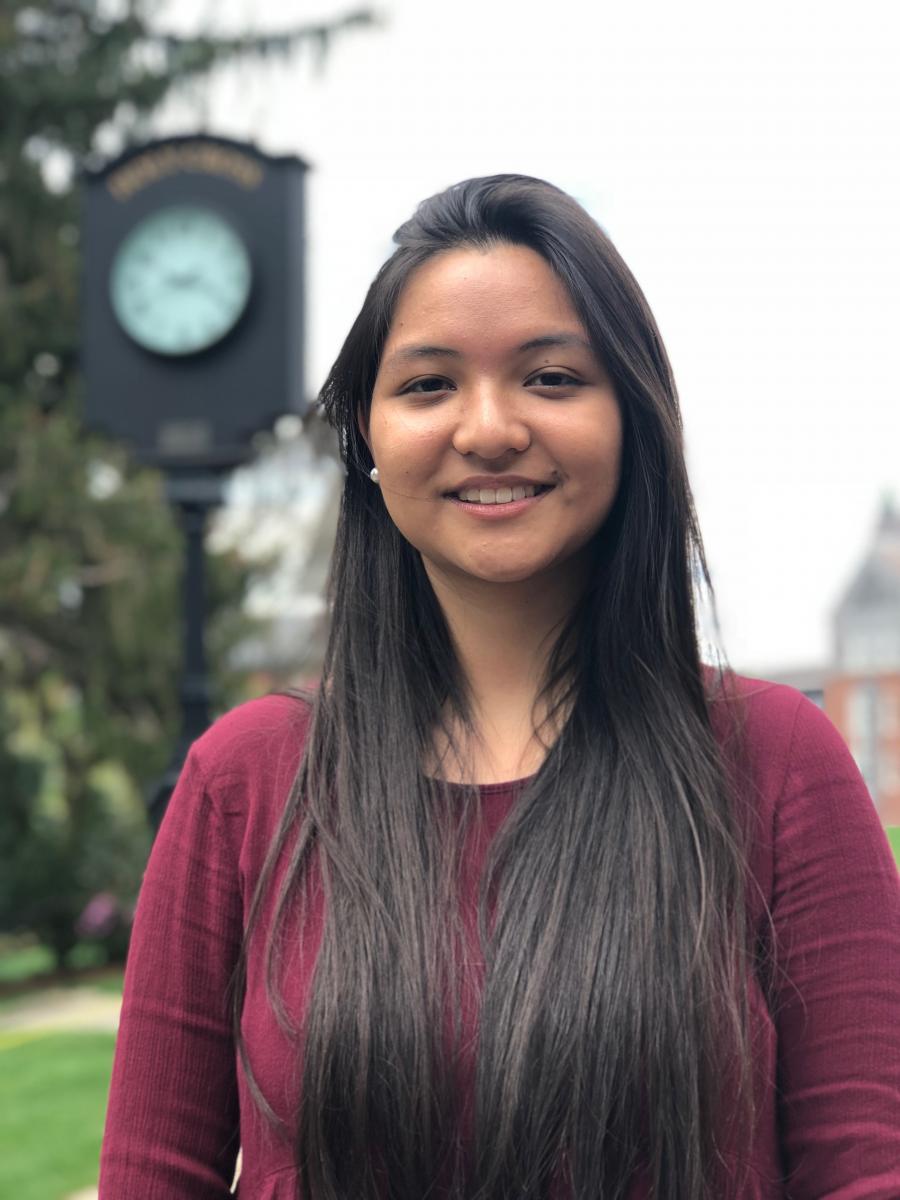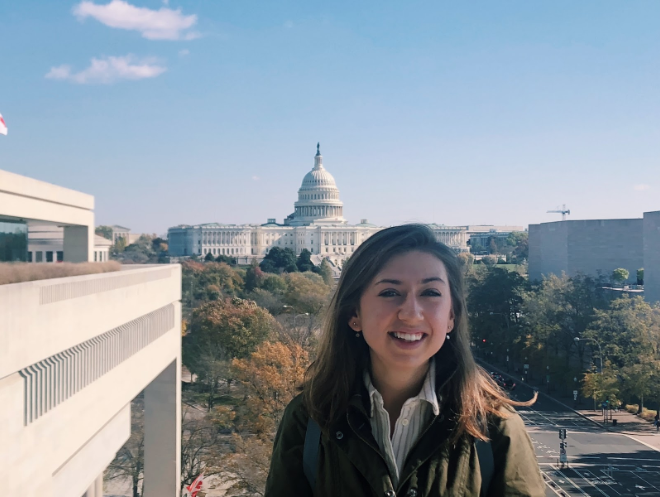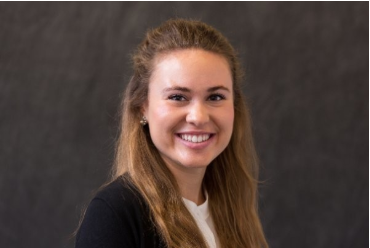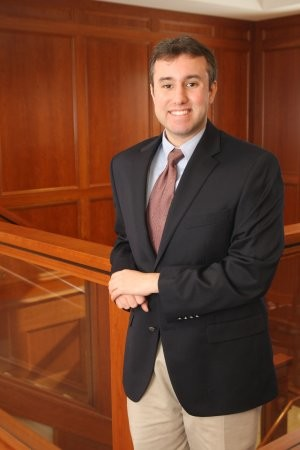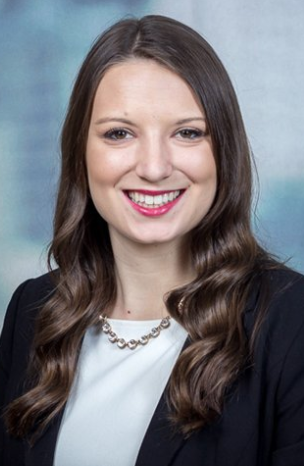Name: Princy Sindurakar
Class Year: 2020
Internship (position & employer): Research Assistant, Northeastern University
1. Tell us about where you interned over the summer and the kind of work you were doing.
I interned and worked for the Sridhar Lab at Northeastern University, Boston, MA. I was part of a cancer cell biology research lab, where I was assigned my own research project and had the chance to assist in many of their ongoing studies. I performed several lab techniques, mainly surrounding different cancer cell lines. I was able to learn cell cultures, several biological assays, and work closely with experimentation on mice. My project focused on the development of “spacers”, radioactive implants used for efficient drug delivery system, specifically advancing cancer treatment plans. Beginning from the biological level with cancer cells to the development of these spacer implants, the project combined a lot of fields to make an impressive treatment plan to tackle prostate cancer.
2. Give us an example of how you have applied your academic learnings to your internship?
While the combination of my chemistry and biology courses prepared me for working at the lab and taking proper precautions, being part of a research lab at Holy Cross helped me understand the extent of planning and the work put into research projects, which prepared me at my internship. I was prepared to be involved from the beginning, being active and ready for the training.
3. What has surprised you about being an intern?
I was amazed by the wide connections within the field of research and the impressive scale of translational research, especially for cancer studies. I had the opportunity to learn about different ongoing projects such as that of lung cancer, prostate cancer, and breast cancer. While my main focus was prostate cancer and its treatment, I also learned about the different drug deliveries and lab techniques within the other projects so I was grateful to have the chance to participate in weekly lab meetings where I learned about other projects in the lab as well. I didn’t expect to be as involved as I was in the lab!
4. How did this experience influence or connect to your future career plans / goals?
Being a Biology major on the pre-med track, research has been an important part of my academics and career. From this internship, I was able to truly immerse myself and learn about the vast field of research. I learned about the extent of planning and organization that goes into a research study, especially with cell cultures and live animals. It has amazed me to see the vast field of cancer research and how many different minds have to come together to create a successful advancement. It has further elevated my interests in the research field and since this was more biological, I have learned I would like to pursue some type of research during or after medical school. Although I still love being around patients and in the hospital, I have also started loving research and the amazing work the field has to offer. I would like to work in the field of research during my gap years before applying to medical school and devoting myself to that path.
5. Any internship advice to pass on to other Holy Cross students?
Set personal goals and work on them! Take full advantage of your opportunity by networking and doing your research because you don’t only develop a certain set of skills, but also learn so much about that career field. It is your chance to ask questions, develop lasting relationships, immerse yourself within the field and find your interests!


